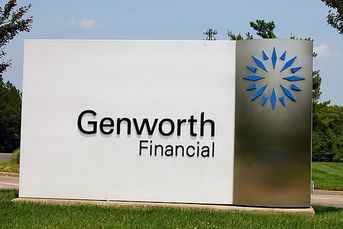GAO lifts hood on target date funds – and finds big problems

The U.S. Government Accountability Office has recommended several major changes to the use of target date funds in…
The U.S. Government Accountability Office has recommended several major changes to the use of target date funds in 401(k) plans after finding that investments in funds with similar end dates vary wildly.
A report released by the GAO found, for example, that equity allocations for funds with the same target date could range from less than 35% to as much as 65%. The agency also found that some fund managers make use of “alternative investments and complex investment techniques,” while others don’t.
Not surprisingly, the GAO also found that the performance of funds with the same target date can differ enormously. Indeed, between 2005 and 2009, annualized TDF returns for the largest funds with five years of returns data, ranged from a 28% percent gain to a 31% loss.
The objective of target date funds is to allocate assets in an “age-appropriate way” over time as investors near retirement. The closer that investors get to retirement (the target date), generally, the more conservative the asset allocation is set to become.
Considering that such funds have become the most popular default investment for retirement plans that automatically enroll employees, the patchy performance and ambiguous investment mandates of the funds have regulators and politicians calling for reform.
“Employers who choose options for their employees and workers building their retirement security need clear and complete information in order to make the best choice,” Rep. George Miller, D-Calif., the senior Democrat on the House Education and the Workforce Committee, said in a press release. “GAO raises serious concerns, and highlights the need for employers to undertake a higher level of due diligence in order to fulfill their duties under the law to act in best interest of workers.”
Added Sen. Herb Kohl, D-Wis.: “I think it is clear that both plan sponsors and participants need more information to better understand these funds and protect participants’ financial interests.”
The GAO recommended that the Secretary of Labor require plan sponsors to assess more accurately whether target date funds are an appropriate investment for the plan’s participants and to document their assessment. It also recommended that new regulations be drafted for the determination of qualified default investment alternatives for such plans. Moreover, the agency suggested that new disclosures be made on key assumptions regarding plans’ contribution and withdrawal rates.
The Labor Department is expected to issue new disclosure rules this year.
Learn more about reprints and licensing for this article.




